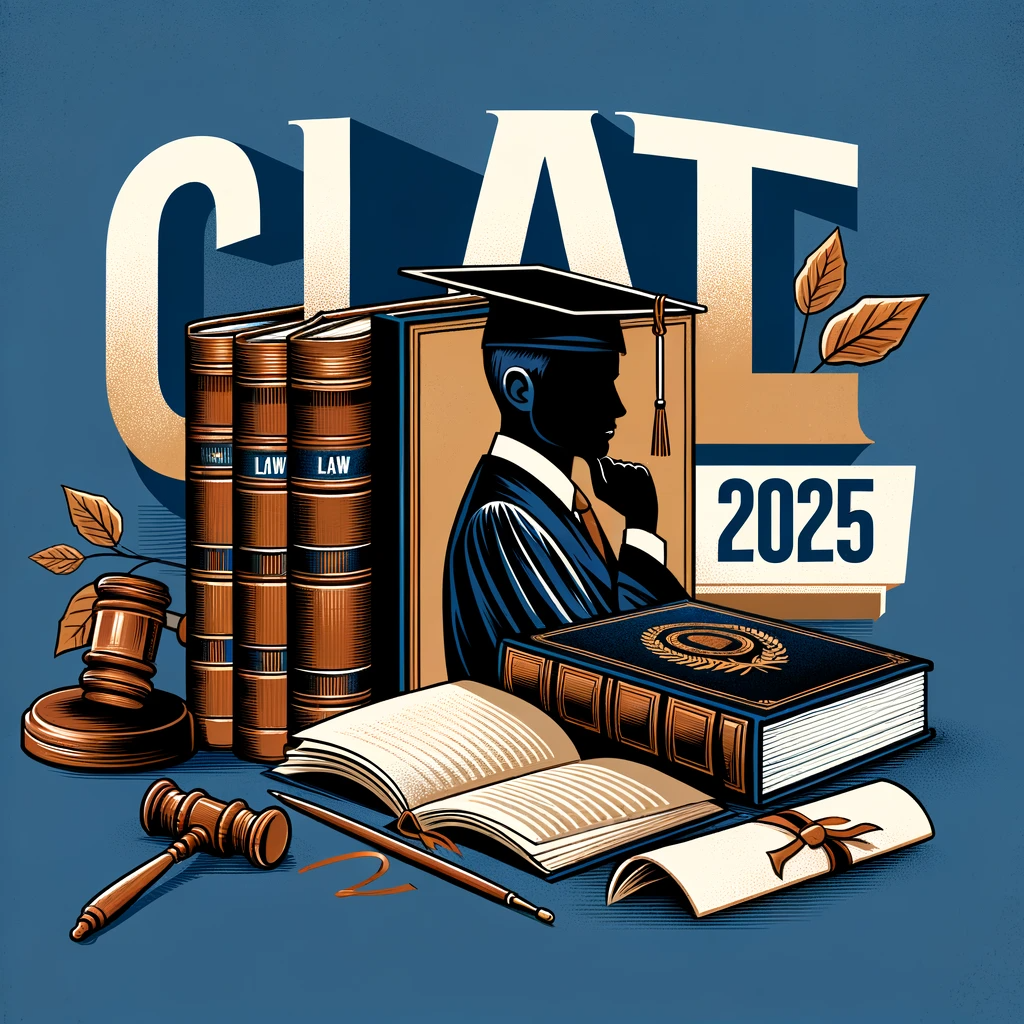In India, a controversial legal battle unfolds as a well-known media house, ‘Bharat News’, faces a defamation lawsuit filed by a politician, Mr. Arjun Singh. Singh alleges that ‘Bharat News’ broadcasted a series of reports falsely linking him to a corruption scandal, damaging his reputation. The media house contends that their reporting is protected under the freedom of speech and expression, enshrined in Article 19(1)(a) of the Indian Constitution, and asserts that the reports are based on credible sources and evidence.
The Indian Penal Code (IPC), under sections 499 and 500, defines and imposes penalties for defamation. However, these sections must be balanced against the constitutional rights of freedom of speech. The Supreme Court of India has established in several precedents that the freedom of speech can be reasonably restricted only for considerations stated in Article 19(2), including defamation, but the scope of these restrictions is a subject of ongoing legal debate.
This case brings into focus the clash between two fundamental legal principles: the right to freedom of speech and the right to reputation. The court must consider whether ‘Bharat News’ exercised journalistic responsibility and whether Mr. Singh’s claim of defamation overrides the media house’s right to free speech.
The outcome of this case could set a significant precedent for how defamation and freedom of speech are balanced in Indian law, especially in the age of digital journalism.
- Situation: Following the lawsuit, another media outlet reports similar allegations against Mr. Singh but includes a disclaimer stating that the information is unverified. Mr. Singh decides to sue this second media outlet for defamation. Question: Is the second media outlet’s use of a disclaimer likely to protect them from defamation charges?
A) Yes, because the disclaimer clarifies the information’s status.
B) No, if the information is false and damages Mr. Singh’s reputation.
C) Yes, as freedom of speech allows reporting unverified information.
D) No, unless they prove the allegations are true.
2. Situation: During the trial, ‘Bharat News’ reveals their source as a disgruntled employee from Mr. Singh’s office. The employee had access to confidential documents but no concrete evidence of corruption.
Question: Does ‘Bharat News’ reliance on this source strengthen their defense against defamation? .
A) Yes, as the source is from within Mr. Singh’s office.
B) No, because the source didn’t provide concrete evidence.
C) Yes, if the employee believed the allegations to be true.
D) No, unless the source’s information is independently verified.
3. Situation: A citizen, following the case closely, writes a blog post accusing Mr. Singh of corruption without any new evidence, basing his claims on the reports by ‘Bharat News’.
Question: Can Mr. Singh extend his defamation lawsuit to include the citizen blogger?
A) Yes, as the blogger is spreading the same potentially defamatory information.
B) No, because the blogger is protected under freedom of speech.
C) Yes, if the blogger’s post is deemed to harm Mr. Singh’s reputation.
D) No, since the blogger is not a professional journalist.
4. Situation: ‘Bharat News’ decides to retract their reports and issues a public apology to Mr. Singh. However, Mr. Singh proceeds with the lawsuit.
Question: Will ‘Bharat News’ retraction and apology affect the outcome of the defamation lawsuit?
A) Yes, as it shows ‘Bharat News’ acknowledgment of the mistake.
B) No, the damage to Mr. Singh’s reputation has already been done.
C) Yes, it may reduce potential penalties if found guilty.
D) No, because the apology does not confirm the reports were false.
5. Situation: A leaked email from ‘Bharat News’ editorial team suggests that the reports were expedited without thorough verification due to competitive pressure.
Question: How does this leaked email impact ‘Bharat News’ defense in the lawsuit?
A) It weakens their defense by suggesting negligence.
B) It has no impact as editorial decisions are internal matters.
C) It strengthens their defense by showing the urgency in reporting.
D) It shifts the focus to the competitive nature of media.
Answers
- Answer: B) No, if the information is false and damages Mr. Singh’s reputation.
- Explanation: The disclaimer does not absolve the media outlet if they knowingly broadcast false information that damages someone’s reputation.
- Answer: B) No, because the source didn’t provide concrete evidence.
- Explanation: Using a source that lacks concrete evidence, especially in matters of defamation, weakens ‘Bharat News’ defense, as responsible journalism requires verification of allegations.
- Answer: A) Yes, as the blogger is spreading the same potentially defamatory information.
- Explanation: Even individual citizens can be held liable for defamation if they spread unverified and damaging allegations about someone.
- Answer: C) Yes, it may reduce potential penalties if found guilty.
- Explanation: While a retraction and apology might not completely absolve ‘Bharat News’, it could be viewed favorably by the court in mitigating damages.
- Answer: A) It weakens their defense by suggesting negligence.
- Explanation: Evidence of expedited reporting without proper verification suggests a lack of journalistic diligence, weakening ‘Bharat News’ defense in a defamation suit.
Do join the whatsapp group to stay updated.
